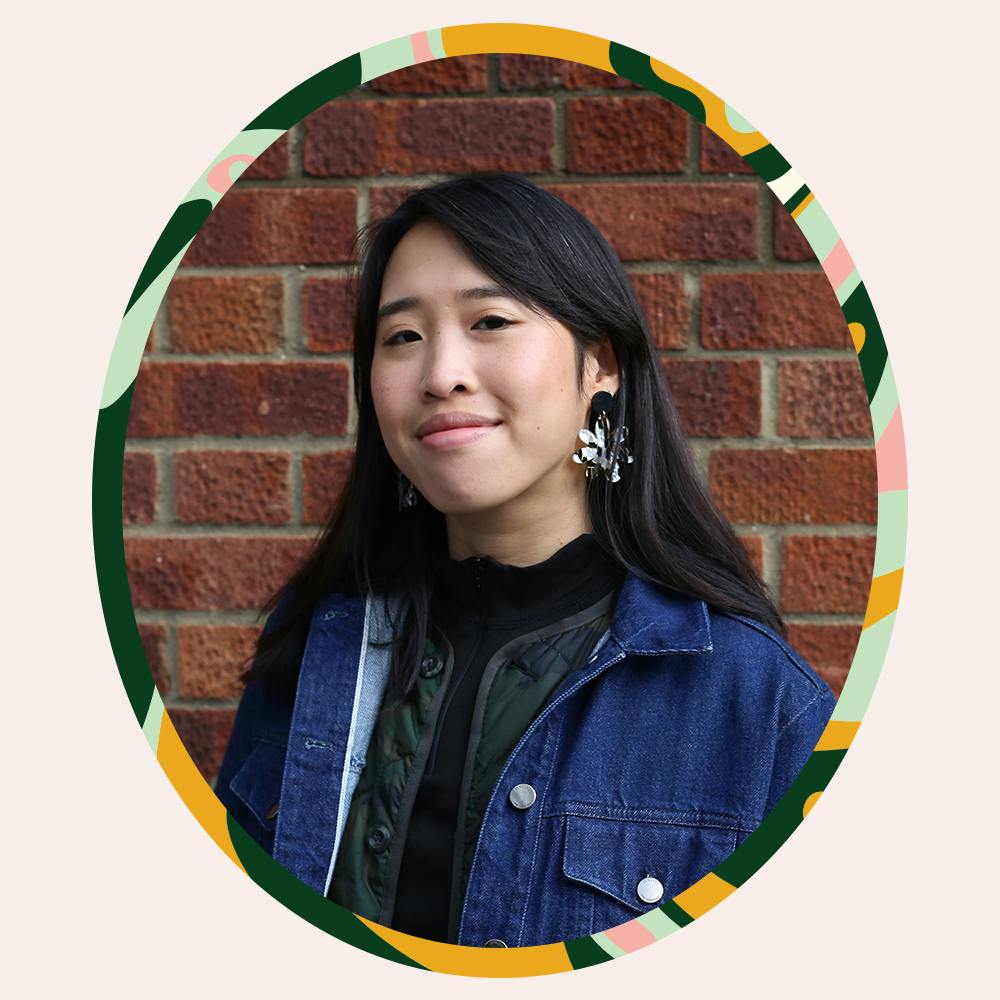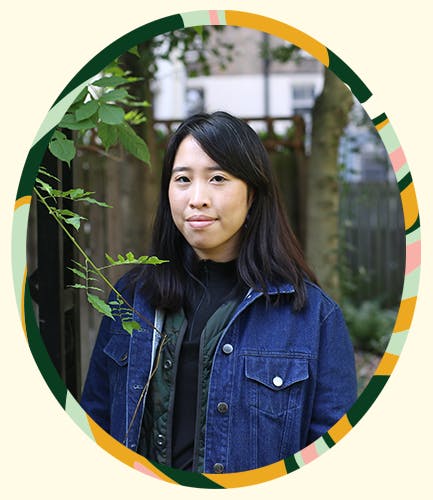Your basket
Your basket is currently empty.


£-1.00
£-1.00
In Conversation With... Zing Tsjeng
Share

In Conversation With... Zing Tsjeng
On what it really means to empower women

Date
23rd October 2019
As executive editor of VICE (formerly editor of VICE’s women’s vertical Broadly), and author of the book series Forgotten Women, , Zing is a writer committed to sharing stories of identity and belonging.
Type her name into Google and hundreds of articles will appear, ranging from political commentary to pieces on women’s, trans and gender rights.
It’s impossible to talk about women’s rights without touching upon how women’s bodies are treated, and what we should be doing to change the narrative. Zing is clearly passionate about providing a platform for women’s stories, and is frustrated by the generic messages society seems to be doling out under the pretext of “lifting women up”.
It is this forthright conviction in the capability of women which sets Zing apart. Her language empowers and her message is always clear: we need to believe in our strength and be willing to call out anything or anyone that stands in our way.

Your book series, Forgotten Women, focusses on the lost histories of women who were influential but never recognised. What triggered you to write about their stories?
I've always been interested in women's history, but I never thought I'd write a book in my 20s—let alone 4. When Romilly Morgan, my editor at Octopus, approached me and asked if I'd ever thought of writing a book series, I just couldn't turn it down. It was a perfect opportunity to distill everything I loved about these women into something that was meaningful, accessible and beautifully rendered.
The women you have written about span age, race, culture and gender orientation— how important was it for you to represent a diverse group of women?
It was probably one of my main priorities. I don't think books that aim to correct the "pale, stale, male" status quo can be pale or stale themselves. From a selfish perspective, I also wanted to have a truly inclusive book that featured women who looked like me, my family, my friends, my loved ones. I subscribe to the Riz Ahmed school of thinking—diversity is about representation, as in representing what society genuinely looks like.
Do you believe that we have shifted into a more equal climate where women are being appropriately praised for their contributions now?
I think things have definitely improved, but there's still huge discrepancies in fundamentals like wages and childcare. And it's also worth noting that things may have improved for some groups of women, but others are still constrained by patriarchy and institutional sexism. The gender pay gap for women of colour in this country—especially for black women—is huge.
Who are the women who have inspired you throughout your life?
I'm inspired by the women in my family—incredibly strong Chinese women who saw through two world wars, the Japanese occupation and seemingly insurmountable personal troubles to come out as the kind of loving, kind and politically engaged people we should all aim to be.
“
There needs to be much more outrage around the way women are treated by doctors.
You've just stepped into a new role of Executive Editor for VICE—how have these women's stories that you've told inspired you to become a better leader?
I hope that I can channel some of the compassion and sensitivity as some of the women I've profiled, especially when it comes to working with people. I'm a rep for the VICE UK union too and we won recognition recently, so I'm definitely inspired by the example of trade unionists like Jayaben Desai, who led the strike against the Grunwick processing lab.
There are a lot of social narratives around women's health and it seems like the media is picking up on them more at the moment. What stories do you think need to be told in this space?
There needs to be much more outrage around the way women are treated by doctors, particularly when it comes to gaslighting their pain. Reproductive health conditions like endometriosis and PMDD are terrible if left untreated, and yet they're also one of the most poorly understood health conditions out there.
I've heard awful stories of women being told that it's all in their head, or it's just their hormones, or they just need to take a painkiller and chill out—it's so terrible to be told again and again that your pain doesn't warrant attention or alleviation from the very people who are meant to dispense it for a living.
“
It's so terrible to be told that your pain doesn't warrant attention.
What are the conversations you think we need to be having to lift women up?
I think that we need to be talking more widely about the material conditions that serve to oppress us and keep us defanged and compliant. Personally, I'm tired of saccharine, empty messaging like "love yourself" or "lean in"—we should be looking at the circumstances that serve to stop women from loving themselves or being paid fairly.
The problem isn't us, our feelings and what we are or aren't doing— it's capitalism and patriarchy that drives us into the arms of self-hatred and into dead-end, soul-destroying jobs. The sooner we dismantle that—which is a job for men, women and non-binary people from all parts of society—the sooner we can lift everyone up.
